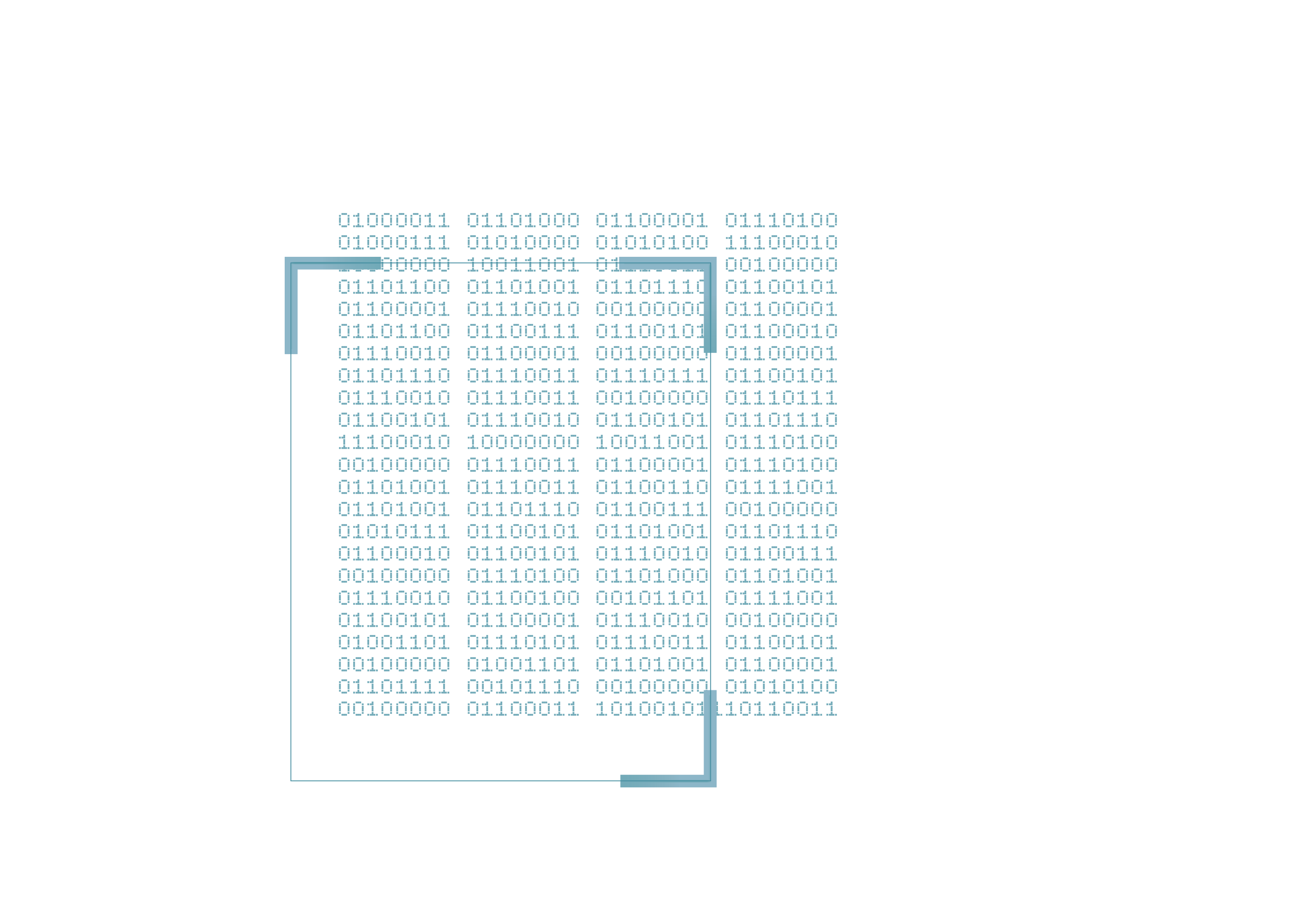
Accelerating intelligence
DeepSeek raises the bar in machine learning.
by Rachel Yoon
ChatGPT’s linear algebra answers weren’t satisfying Communication third-year Muse Miao. The computations were sometimes wrong and the explanations unclear. With her midterm approaching, Miao needed a solution. She heard DeepSeek was stronger in logical thinking.
“I just opened DeepSeek and let it do some mathematical proofs for me,” Miao says. “I think it’s really helpful. The explanation is really clear, so whenever I want to solve math problems, I just go to DeepSeek instead.”
DeepSeek, an AI company based in China, released its problem solving model R1 in late January. Its reasoning was comparable to OpenAI’s ChatGPT o1 and cheaper, despite the company not having the same access to materials under U.S. export sanctions on computer chips.
Some Northwestern students say it signals new and more accessible opportunities in the AI world.
McCormick second-year Evan Chen first heard about DeepSeek from a friend who was using it for an assignment. Later, he saw the news about chip manufacturing giant Nvidia’s share prices plummeting about 17% following DeepSeek’s release.
“I think that it really alerted a lot of the top AI companies like OpenAI to start being more efficient with their production output,” Chen says.
Proponents of DeepSeek note the caliber of its logic and problem-solving models as well as its open source code, which allows programmers to access and manipulate the software to fit their own projects. OpenAI has not released its code.
Weinberg third-year Ronit Mehta is interested in OpenAI’s next steps.
“With DeepSeek being open source, if people can go and see what goes into that, the draw to ChatGPT goes away a little bit,” Mehta says.
Weinberg second-year Nandan Dhanesh says he’s excited for the widespread accessibility of open source code from quality AI models like R1 or Meta’s Code Llama.
While programming for Slow, an AI journaling app he co-founded, Dhanesh drew on Llama to develop user-facing advice.
“The cost of the actual AI part of your service is so low and everyone has access to a model of equivalent quality,” Dhanesh says. “It really becomes about building things that people want on top of the AI.”
While DeepSeek’s entrance has shocked the market, it probably won’t take OpenAI’s spot anytime soon. A few days after DeepSeek released R1, OpenAI bounced back with o3-mini, which is vastly cheaper than their popular o1 model and “optimized for STEM reasoning,” according to a press release. Comparisons of the two show that the o3-mini was faster in solving problems.
R1 has also shown weak spots in answering controversial questions about the Chinese government and other censored topics in China, according to users.
Dhanesh doesn’t see DeepSeek replacing ChatGPT. He prefers the more established service for most tasks.
“It can do 95% of the things I need it to pretty quickly,” he says. “It gives me a pretty concise answer. I rarely have to prompt it twice to do the things that I want it to do.”